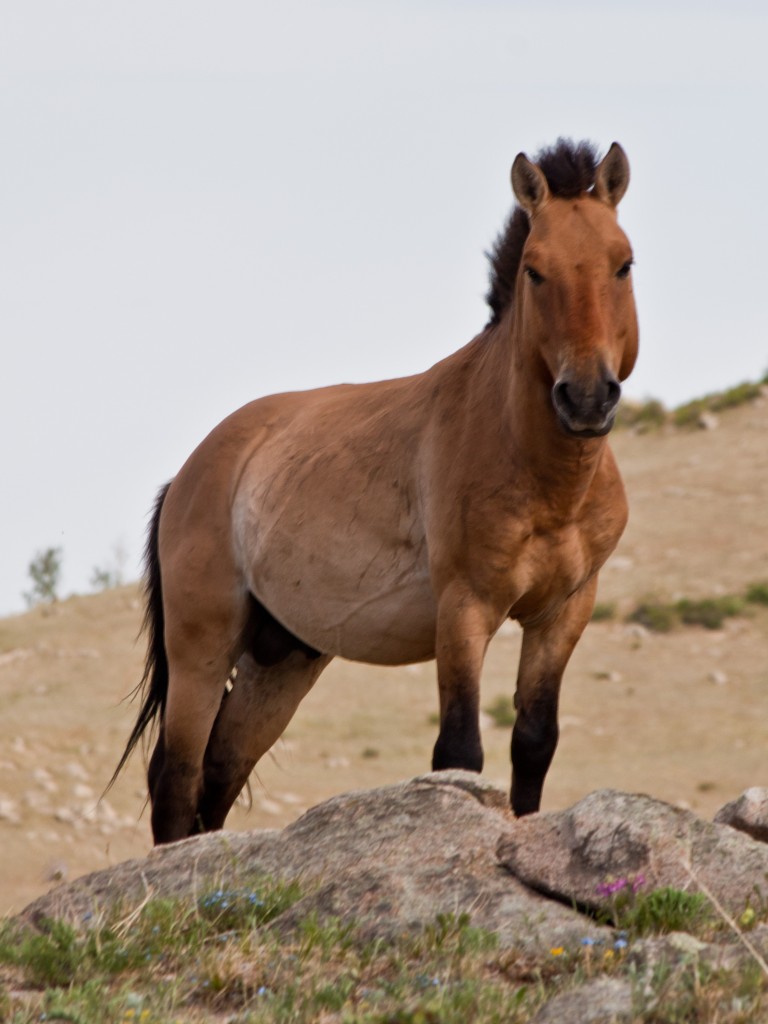Przewalski horses are expected to be delivered from Germany’s Nurnberg Zoo in an effort to revive the breed in Kazakhstan, according to a recent announcement by the press service of the Kazakh Ministry of Agriculture.
 “Since 2005, the Kazakhstan Association for Conservation of Biological Diversity together with the Forestry and Wildlife Committee and the Frankfurt Zoological Society have been working on the restoration of the wild steppes of central Kazakhstan. This partnership provides a unique opportunity for environmental work on an unprecedented scale. Herewith we are jointly introducing proven habitat management techniques, ecosystem restoration and sustainable use of natural resources,” said the Manager of the Central Asia Programme of the Royal Society for the Protection of Birds (UK) Stephanie Ward.
“Since 2005, the Kazakhstan Association for Conservation of Biological Diversity together with the Forestry and Wildlife Committee and the Frankfurt Zoological Society have been working on the restoration of the wild steppes of central Kazakhstan. This partnership provides a unique opportunity for environmental work on an unprecedented scale. Herewith we are jointly introducing proven habitat management techniques, ecosystem restoration and sustainable use of natural resources,” said the Manager of the Central Asia Programme of the Royal Society for the Protection of Birds (UK) Stephanie Ward.
Wild Przewalski horses are an endangered species. Formely, these animals inhabited the forest-steppes, steppes and semi-deserts of Europe, as well as the steppes and forest-steppes of Kazakhstan and part of the south of Western Siberia. Now, there are about 2,000 of these wild horses left in the world, and in Kazakhstan they disappeared from the wild more than 100 years ago.
The programme for the reintroduction of Przewalski horses was launched in Mongolia and China in 1992. In the early 1990s, several horses were released in the Ukrainian Chernobyl exclusion zone as part of the experiment, where they were actively breeding. Now, the Przewalski population there totals 100 animals. As for Kazakhstan, special arrangements are being made for the delivery of the new horses. Currently, seven Przewalski horses, including two females, roam Altyn Emel Park in the Almaty region.
